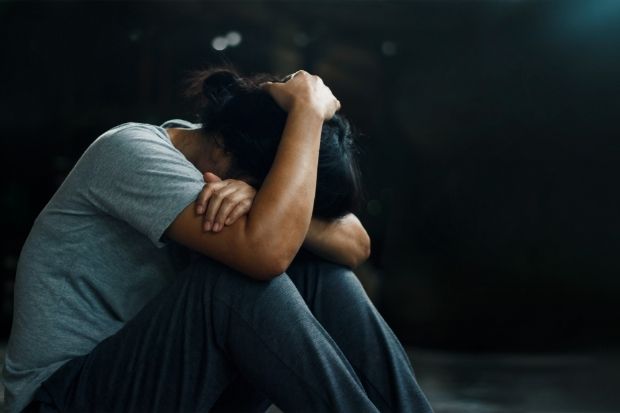Costs, stigma keep mental healthcare out of reach for most Filipinos – Harvard University

Mental health. INQUIRER.net stock images
MANILA, Philippines —Mental health care in the Philippines remains elusive, according to a recent Harvard University analysis, which cites prohibitive costs and societal stigma as the two primary barriers to seeking treatment.
Remarkably, the Harvard Humanitarian Initiative Resilient Communities program’s analysis found that mental health and psychosocial support (MHPSS) providers in the Philippines face an insurmountable obstacle of exorbitant financial costs (40%) that hinder access to vital mental healthcare services.
Shame (35.9%), fear of being labeled “crazy” (31%), or weak (30.3%), and worry about family (23.4%) and public reactions (22.1%) were other stigma-related barriers to mental health care for Filipinos, said the study.
READ: Poor more prone to pandemic-induced mental illnesses – study
Mental health concerns amid the pandemic in PH
Another research finding is that most respondents (97.9%) perceived increased mental health concerns among the diagnosed, help-seeking population since the COVID-19 pandemic hit the Philippines.
Article continues after this advertisementProviders reported an increase in anxiety (97.9%) and depressive disorders (97.2%), followed by bipolar and related disorders (49.0%), trauma-related disorders (46.2%), and suicide risk behaviors (44.1%). These are followed closely by increases in schizophrenia spectrum and other psychotic disorders (24.8%), substance-related and addictive disorders (16.6%), and obsessive-compulsive-related disorders (13.1%).
Article continues after this advertisementREAD: Mental health in a time of pandemic: The invisible suffering
Despite these spikes, most MHPSS providers (65%) found that accessibility and social acceptance surrounding mental health have increased since the onset of the COVID-19 pandemic.
“These study findings are promising in that they suggest that in the face of widespread challenges posed by pandemics or disasters, there is a reduction in stigma related to seeking mental health care,” said Dr. Vincenzo Bollettino, Program Director of the HHI Resilient Communities program.
Telehealth and public education
Most provider respondents (62.6%) likewise emphasized the importance of the telehealth movement in increasing access to mental healthcare and ensuring continuity.
READ: Telemedicine as lifeline
“Greater accessibility to mental healthcare services through telehealth creates opportunities for providing care for those that may not otherwise seek support because of distance, travel costs, or other similar barriers,” Bollettino noted.
Respondents also cited training for mental health providers or staff (82.5%) and the creation of more mental health service providers (75.5%) as their top recommendations for improving mental healthcare in the country.
READ: Each person’s mental health struggles need personalized solution – DOH
They further stressed the importance of increasing public education about mental health by strengthening internet connectivity (72%), increasing government funding for mental healthcare (69.9%), and greater awareness-raising for services (66.4%) to connect with Filipinos in need.
The participation of more than a hundred MHPSS providers in the analysis was made possible in collaboration with the Philippine Psychiatric Association (PPA) and Psychological Association of the Philippines (PAP). Participating MHPSS provided mental healthcare in private practices (75.2%), public hospitals (44.1%), or private hospitals (39.3%) across the country. More than half of the MHPSS are based in Metro Manila (56.6%).